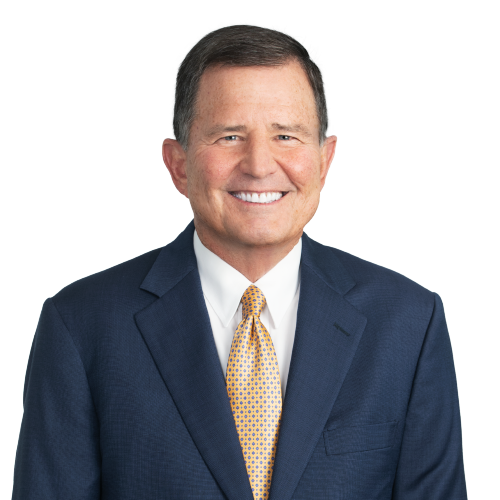Q&A With Carlton Fields' Alan Rosenthal
Law360, New York (September 20, 2011, 2:22 PM ET) -- Alan Rosenthal is a shareholder in the Miami office of Carlton Fields. He has experience in all aspects of communications law, including advertising, news-gathering, privacy and defamation defense, and First Amendment issues in representing the broadcast and print media. He is also an experienced negotiator of talent, promotion and employment agreements in the media and entertainment industry.
Q: What is the most challenging case you have worked on and what made it challenging?
A: I received the call at 11:30 one night — a Telemundo Network reporter and videographer were preparing a story about a divorced couple whose teenage daughter had committed suicide. While the father was at the cemetery accompanied by the reporter and videographer, the mother drove up and the reporter approached her as she got out of the car. The reporter and mother then walked to the daughter's gravesite, with video rolling, and the father came up from behind them and shot the mother several times, killing her.
When the police arrived, they seized the camera and videotape. My first assignment was to retrieve the camera and tape. This was accomplished by the following morning, and the video was shown throughout the world.
I represented the reporter through the lengthy legal proceedings, including her testimony at the trial of the father, which resulted in his conviction for murder. I continued to represent her in connection with the publication of a book that recounted not only the incident but also how she had been hurt by the experience, particularly in light of the fact that her own mother had been murdered by a priest.
Q: What aspects of your practice area are in need of reform and why?
A: In reliance on the First Amendment, news organizations pursue the truth about matters of public concern. However, ironically, in the age of the Internet, with its explosion of news sources and outlets, the search for and presentation of truth has never been more difficult because of the proliferation of standardless websites, blogs and individual "news" providers, and the concomitant increase in legal restrictions on access to information about government, corporations and individuals.
This has been complicated by economic imperatives that have caused a declination of available resources, personnel and otherwise, at more traditional news organizations, which have been more observant of journalistic and ethical news-gathering codes of conduct …
Reform will necessarily evolve as technology does; however, it will require vigilance by those committed to quality journalism and protection by our judicial system.
Q: What is an important case or issue relevant to your practice area and why?
A: The most important legal issue affecting news-gathering today is how to protect a free press in the age of the Internet.
Q: Outside your own firm, name an attorney in your field who has impressed you and explain why.
A: Talbot "Sandy" D'Alemberte is the patriarch of media law in Florida. He was my communications law professor in law school, my co-counsel in the first case in the U.S. that allowed cameras in the courtroom as a matter of right and one of the strongest advocates for free speech/free press rights in our state's history.
Q: What is a mistake you made early in your career and what did you learn from it?
A: I was certain that being right as a matter of fact and law was enough to ensure victory on behalf of my clients. I was wrong. I learned that diligence and preparation were required for success.
All Content © 2003-2010, Portfolio Media, Inc.

